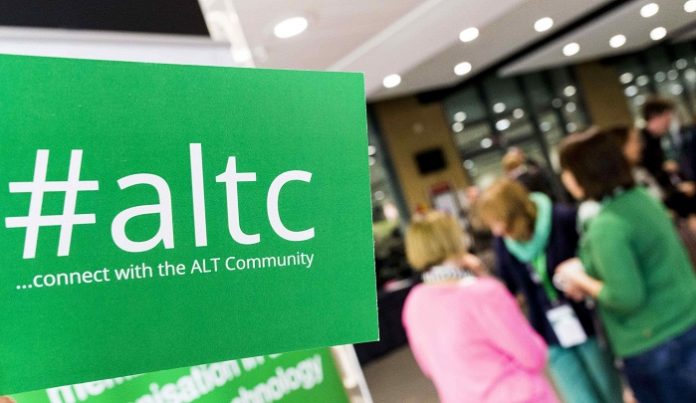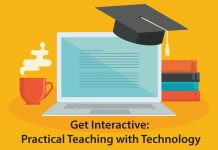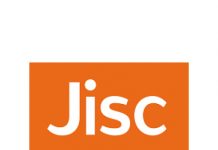September sees the return of the ALT Annual Conference for its 23rd year. Martin Hawksey explains some of the hot issues preoccupying the minds of delegates and looks forward to this year’s event, organised by the UK’s leading membership organisation in the learning technology field.
The past 23 years have seen many changes within the sector, not least within the membership of the Association for Learning Technology. We are becoming increasingly diverse and our community is a rich melting pot, drawing together people from multiple sectors. With the increasing ubiquity of the digital, our membership extends well beyond those with a learning technologist job title, encompassing a diversity of working roles from lab technician to academic to senior management.
Current trends are captured in the ALT annual survey of our membership. The survey this year revealed ‘Data and Analytics’ as an area of most increasing importance for our members. Content management systems and VLEs still dominate our members’ interests, electronic assessment and feedback following closely behind. As an association we feel it’s also important to support areas that some may perceive as niche interests. For example, the association has a very active Games and Learning special interest group, the conference also having a playful theme.
The appropriate and intelligent use of technology is a core value of the association and our members; along with the adoption of the digital to make learning more effective and efficient comes a continual battle to ensure that the end result is not dehumanising. This is again reflected in the annual survey, where the majority of responders indicated ‘engagement from students/learners’ as an enabler or driver for their use of learning technology.
And with the Teaching Excellence Framework due to be implemented in 2017, learning technology can expect to play “a major role”, according to responses to our recent consultation on the subject.
These responses highlighted that learning technology “can help to improve quality, facilitate quality processes, provide accountability and key data for stakeholders, reduce bureaucratic burden, and make improved processes affordable and cost effective”.
The majority of our members would probably agree that areas like data and analytics when informed by research and practice and applied appropriately, can enhance learning and teaching. Learning analytics will be among the subjects that we will cover in September, when we meet at Warwick University.
The event will also be an opportunity for our community to share how their underlying technologies and their capabilities are being used to support learning, and, importantly, learners. Members and the wider community can come together to make new connections and to share in new understandings around learning technology.
A challenge for the conference is to address current and emerging policy and practice. This does, however, create an opportunity for diverse and stimulating keynotes. This year is no different, with topics ranging from educational neuroscience, to the post-digital university, to the role of the internet in the structure and content of academia.
More information about the keynotes and programme is available on the conference site. Registration is still open for the conference, which starts on 6 September, and more information is available at: https://altc.alt.ac.uk/2016/.








